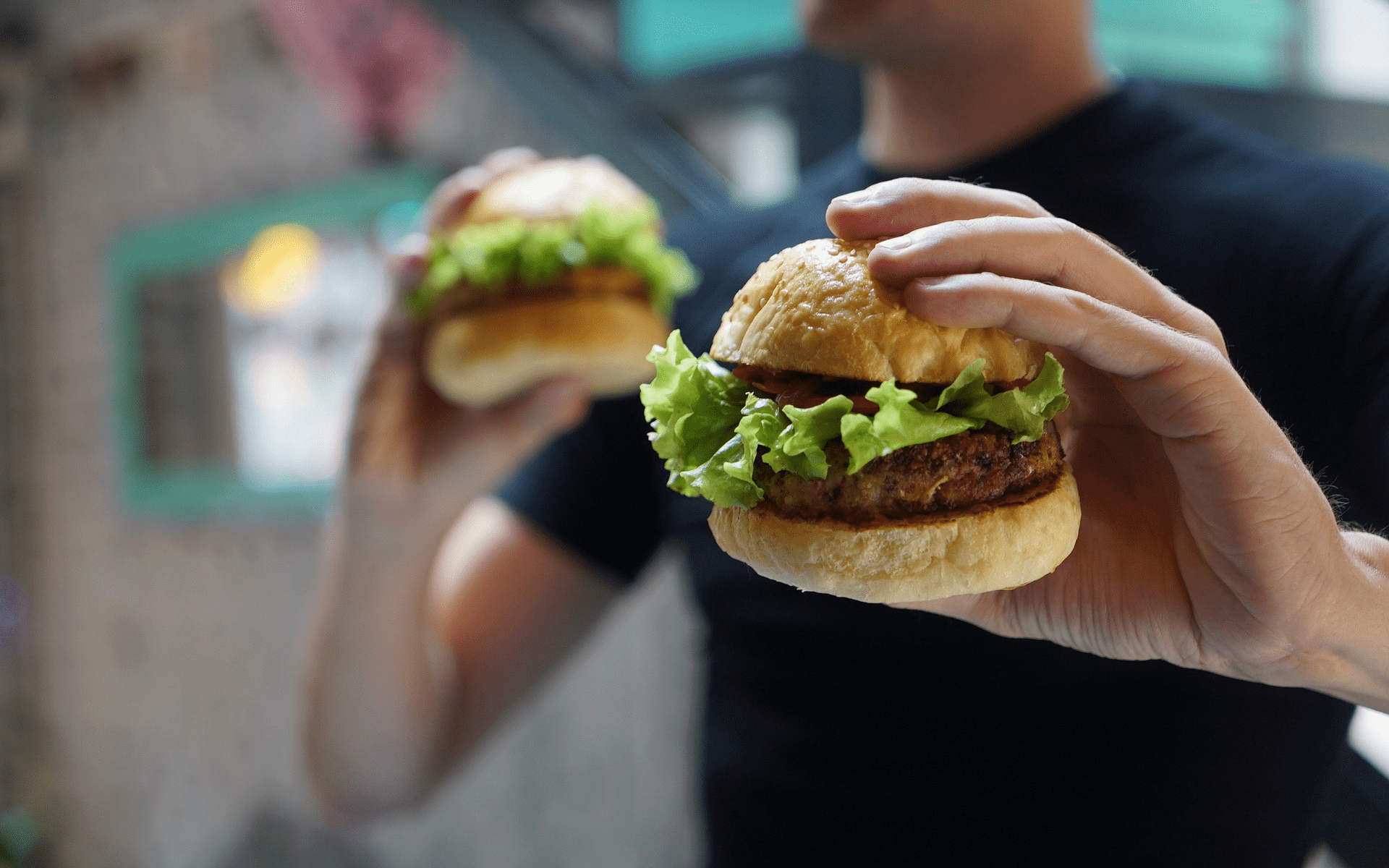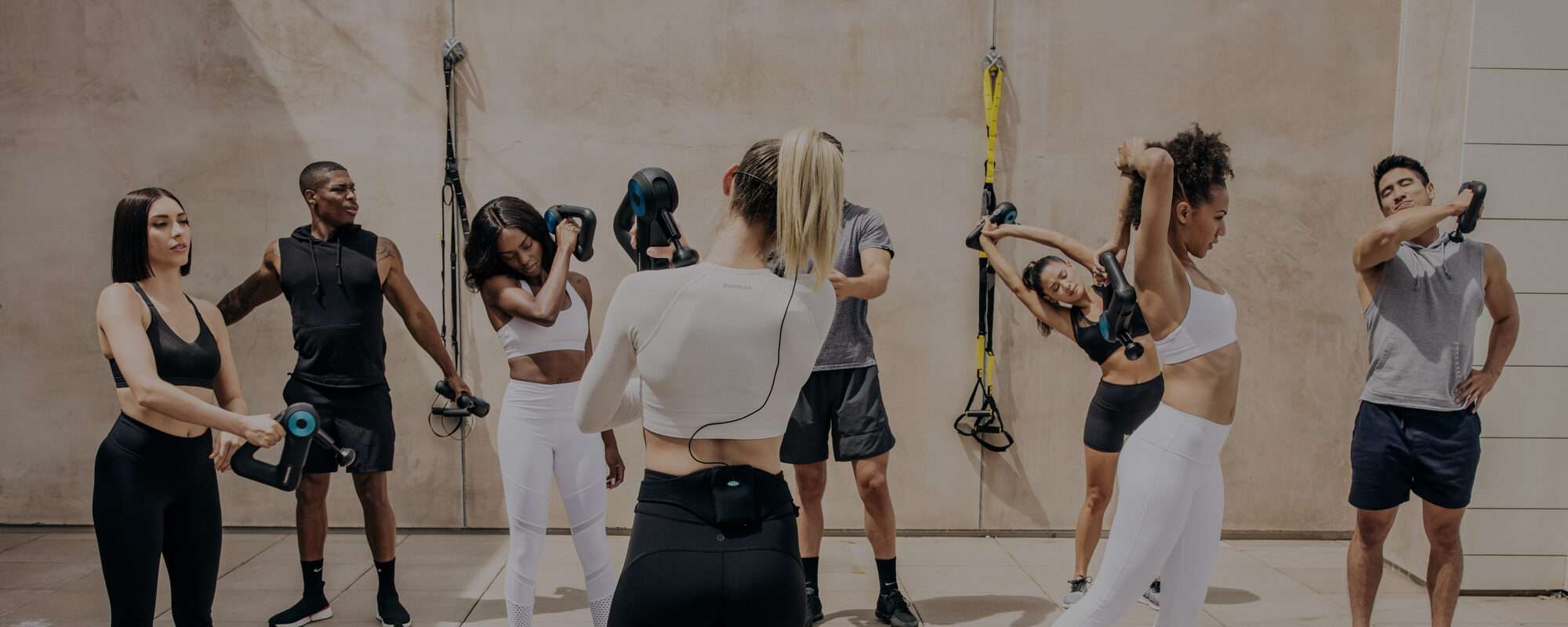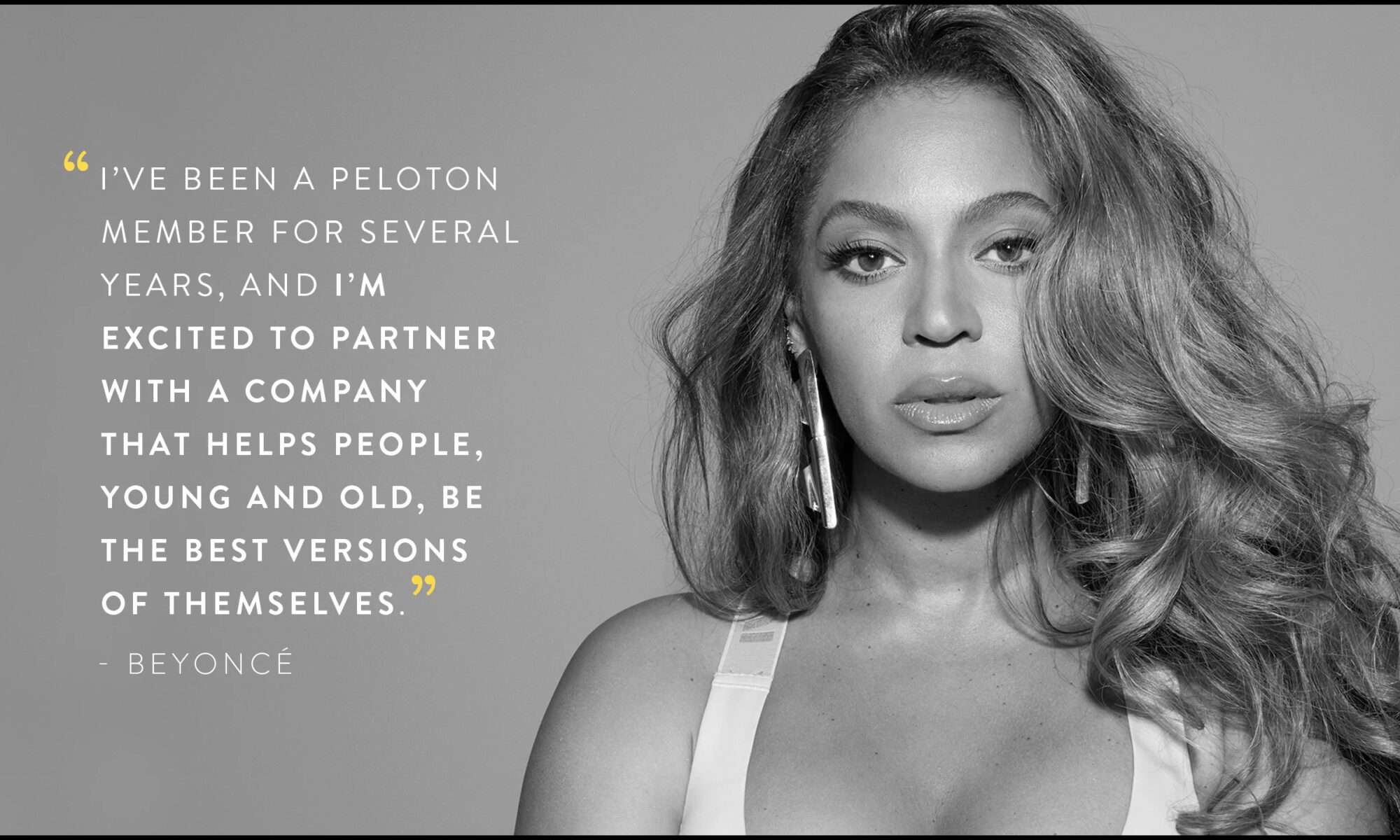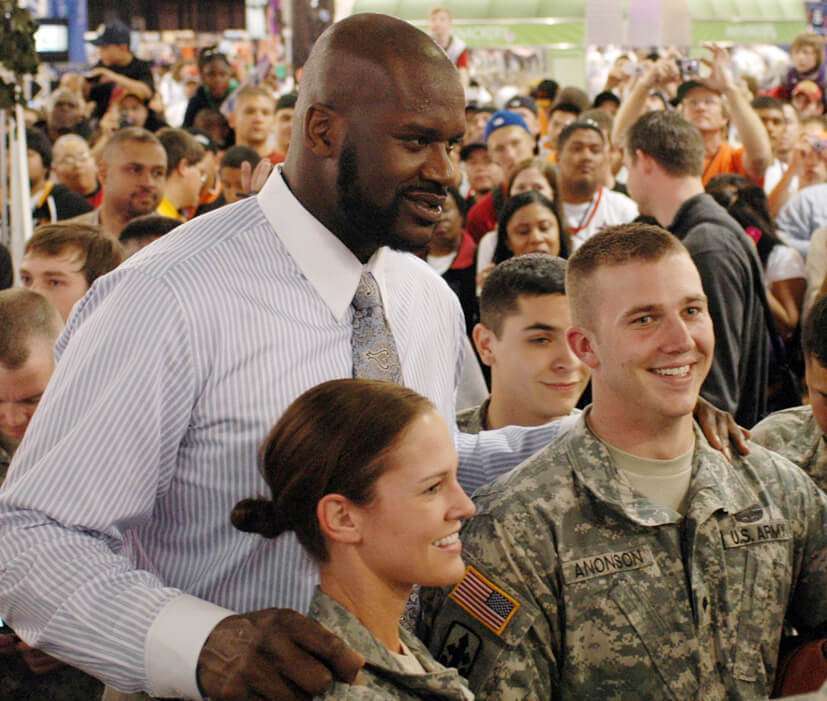It is common to see the names of musicians, athletes, and actors in press releases regarding funding rounds by tech startups. This trend is getting familiar in the food tech space as well.
The plant-based food industry experienced a massive influx of investment in 2020. For example, good Food Institute data indicated that a record $3.1 billion had been invested in the alternative protein industry just in 2020.
It seems like there’s more demand these days for products that are more environmentally friendly and healthy for people. More people have started in this industry as the popularity of plant-based burgers, dairy-free milk, and beef grown from animal cells.
Today, more than $8 trillion in investments in sustainable development projects. The Barron’s report predicts that capital from those investments will increase even more by the end of this decade. In addition, some of the world’s biggest stars, from DiCaprio to Robert Downey Jr., have invested in sustainable food. These food companies aim to promote a healthy lifestyle for everyone and put sustainability first.
Let’s take a look at the celebrities who invested in food tech this year.
Leonardo DiCaprio banks on cultured beef
Leonardo DiCaprio has had many investments over the years, and he’s not afraid to throw his weight around. He invested early in Hippeas, lab-grown diamonds, and more. Last year, the Academy Award-winning actor expressed immense interest in the cultured meat industry. DiCaprio invested in two startups focused on cultured beef: Mosa Meat from Netherlands and Aleph Farms from Israel.
DiCaprio has been outspoken about his ecological views in the past, and he cares about the environment. Beef production contributes to most meat industry emissions and the destruction of rainforests that are critical inspirations for him to invest in those kinds of initiatives. As a result, there has been a lot of investment in cultured meat from him. While the process is not perfect, cultured meat takes up less land and water compared to conventional meats like beef. It also emits much less greenhouse gas than industrial meat production.
Ashton Kutcher believes that 3D-printed meat will be a significant part of the future of food
Ashton Kutcher has founded a venture capital fund that invests in “clean, circular & sustainable businesses.” It’s called SoundWAVES. It is an offshoot of his fund, Sound Ventures. That 70s Show star collaborated with Madonna’s manager Guy Oseary and a few others, partnered with an Israel-based food tech company MeaTech 3D. The company uses modern methods like tissue engineering and 3D bioprinting to cultivate chicken, pork, beef, and foie gras. SoundWAVES looks to be successful in the future by leveraging its marketing, strategic expertise, and network. The company also has plans to help them become leaders in cultured meat.
Jay-Z has invested in tech-forward vegan nuggets
Jay-Z invested in a company named Simulate that makes specialty nuggets out of protein from wheat and soy. The brand releases a new product called Nuggs, hoping that it will be something consumers feel like they can’t live without. Founded in 2019, the company has released six versions so far, with a seventh on its way.
Jay-Z invested in tech consumer brands through his investment firm, Marcy Venture Partners. Impossible Foods and Pela are two sustainability-focused brands that he’s involved with. He has also supported plant-based brands that don’t undergo tech, including Oatly, allergen-friendly cookie brand Partake, and nut-based cheese brand Misha’s Kind Foods.
Robert Downey Jr. supports mycelium bacon startup
There are many celebrities with a venture capital firm that focuses on sustainability. Ashton Kutcher and DiCaprio aren’t the only stars on this list. Robert Downey Jr. launched a venture fund last year called Footprint Coalition Ventures. In fact, he used almost $10 million of his personal funds for this initiative. He shared his thoughts about this new venture at the World Economic Forum. He stated that: “This global existential threat is not something that’s going to be solved by a smattering of elite mega-corporations. I think that paradigm must be smashed in favour of innovation by a broad set of new companies.”
His hedge fund invested in some brands that use technology to solve this global existential threat, like Act Foods Company. This company, based in New York, makes bacon out of mycelium. It sells it under the brand called MyEats.
Downey Jr. created a platform for scientists to raise funds for their research projects, called FootPrint Coalition Science Engine. This crowdfunding platform lets anyone donate to agricultural, life sciences, and AI science research projects. Beyond that, donors can also support projects from different categories like indigenous communities, conservation biotechnology, and more.
Hamilton, Questlove, and Federer believe AI will revolutionize food production
Artificial intelligence is changing the way we do things. They can provide alerts and advance medical knowledge, as well as reduce food waste and make alternatives taste of dairy products and meat more like the ‘real thing.’ Lewis Hamilton, Questlove, Roger Federer invested in NotCo earlier this summer. NotCo produces dairy and meat alternatives to help people live healthier lives.
This Chilean food tech brand is using Giuseppe, an AI program and molecular science, to find out which of the plant kingdom’s flavours are what best match up with those from the animal kingdom. For example, their NotMilk is a dairy-free product with cabbage and pineapple juice as their main ingredients. However, they make its taste very close to dairy.
NotCo’s two of the celebrity backers have incredible experience in the plant-based food space. Formula 1 champion and vegan enthusiast Lewis Hamilton has backed Neat Burger, a vegan burger chain. And Questlove invested in Impossible Foods, which makes artificial meat products.
Dele Alli is backing a vegan chicken brand from Singapore
In what is being described as a “groundbreaking” move, footballer Dele Alli has supported an alternative to one of the most popular chicken products in the world.
The England international believes that we should re-think our relationship with chickens and have vegan alternatives at restaurants, grocery stores, and on the kitchen table. Tindle, a Singapore startup backed by British footballer Dele Alli has been developed to make vegan chicken using soy, wheat, oat fiber, and coconut oil. Their chicken-like flavor is created with natural ingredients.















